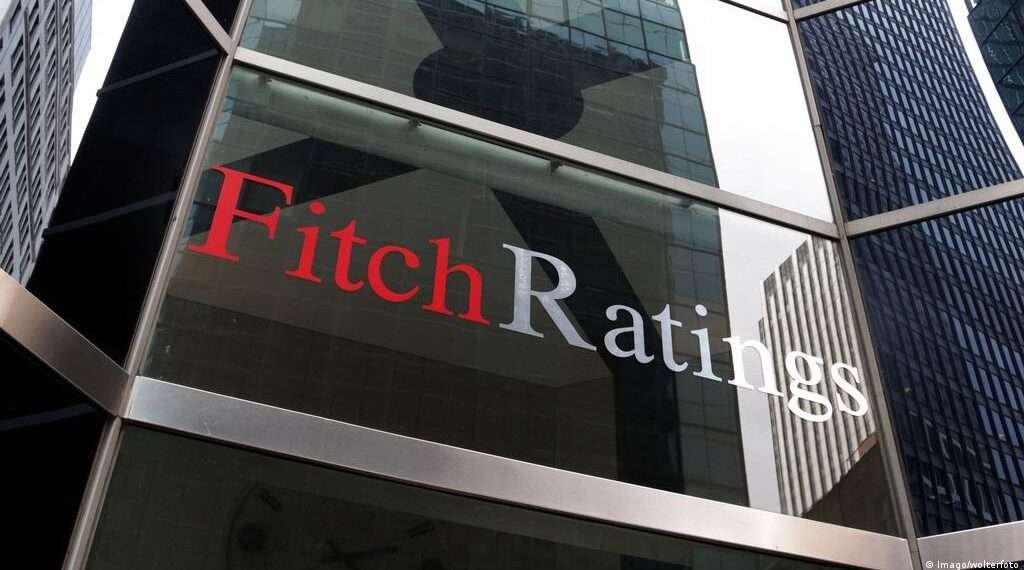Fitch Ratings has warned that even though some countries will be able to absorb the impact of temporary measures introduced to cushion households against the impacts of rising prices, some will find these policies hard to roll back, resulting in lasting effects that could weigh on sovereign credit profiles.
According to Fitch Ratings, numerous governments introduced measures to cushion the impact of rising prices on households since mid-2021, and the effects of the Russia-Ukraine conflict on commodity markets suggest more such moves are likely.
“Between mid-2021 and mid-February 2022, 66 of 120 Fitch-rated sovereigns deployed ad hoc policies, such as subsidies, tax cuts, price controls and grants to counter inflation, in addition to the usual monetary policy toolkit. This includes almost all Fitch-rated sovereigns in emerging Europe and almost two-thirds in western Europe. However, such measures have been adopted less frequently in Asia, where inflationary pressure has generally been weaker, and Latin America”.
Fitch Ratings
Fitch believes that if measures are removed within a year or two, they are unlikely in most cases to be sufficient in scale to drive sovereign rating adjustments directly. However, they may slow the process of fiscal consolidation in the wake of the Covid-19 pandemic shock, which is a key rating sensitivity for many sovereigns.
If temporary policies become entrenched, they may have a more significant impact on public finances, according to Fitch. The rating agency noted that this risk is significant as global commodity prices may stay high for longer than anticipated. “The Russia-Ukraine conflict has added to upward pressure on energy prices, particularly in Europe”, says Fitch.
Fitch stated that Governments may also be unwilling to risk the political repercussions of removing subsidies. The rating agency cited events in Kazakhstan, where fuel-price liberalization fed into widespread social unrest and violence in January 2022 as an extreme example, adding that only few governments find it easy to remove popular subsidies.
Inflation Challenges Increase the Risk of Recession
Fitch Ratings cautioned that Inflation challenges could start to threaten the global economic outlook this year. Fitch stated that a scenario where US inflation remains very high in the second half of 2022 and medium-term inflation expectations rise is plausible, and could prompt much more abrupt Federal Reserve tightening than expected.
Nevertheless, the rating agency stated that core inflation is widely expected to fall in the US and Europe in 2H22 as consumer goods shortages moderate, pandemic constraints on labour supply fade and growth rates normalise. This, it said, should allow central banks to gradually normalise monetary policy, with limited impacts on growth.
Fitch expects the Fed to raise interest rates by 100bp in 2022 and a further 100bp in 2023, the Bank of England (BOE) to hike rates by a further 75bp this year and 50bp in 2023, with the European Central Bank (ECB) increasing rates by 20bp next year.
/germany--hesse--frankfurt--financial-district-542509401-f008d5cd53e44fe59ddb8a88e760e344.jpg)
“However, recent inflation outturns have been higher than expected and the price outlook is uncertain. Inflation is a dynamic process and can be self-reinforcing. Various factors could keep core inflation high throughout 2022. Global energy price shocks related to the Russia-Ukraine crisis exacerbate risks”.
Fitch Ratings
If core inflation remains high and inflation expectations rise, the Fed and the BOE could be left with no choice but to quickly move rates to neutral or restrictive levels. This could entail the Fed Funds rate rising to 3% by the end of this year, Fitch said.
Fitch further indicated that the risk of a more abrupt policy adjustment from the ECB is lower, but if Eurozone inflation were to remain high, quantitative easing could be wound up and interest rates increased this year.
READ ALSO: Revise Design Of E-Levy, Pass It Within Shortest Possible Time To Access Eurobonds, Gov’t Urged






















